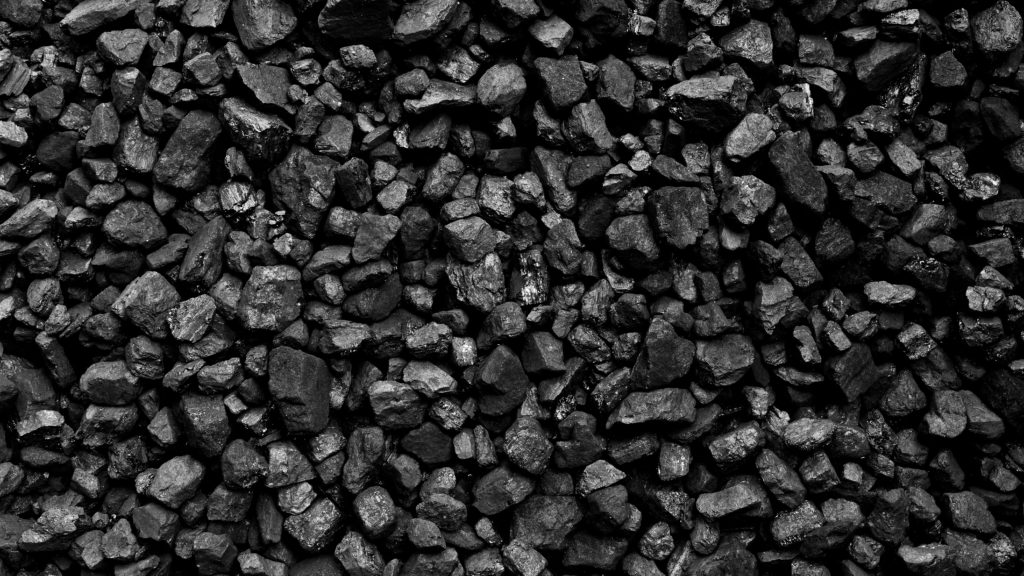Typhoon’s devastation brings respite to China’s coal market

Torrential rains are dousing Chinese coal prices as power consumption drops in flood-hit cities and industrial areas.
Typhoon Doksuri, which inundated northern China this week, has affected the supply of China’s mainstay fuel but is wreaking even more havoc on demand. Factories have been forced to halt or curb production due to the disastrous weather, while lower temperatures have cut the amount of electricity required for air conditioning.
“Daily coal consumption at power generators fell unexpectedly in coastal regions this week,” Han Lei, an analyst at the China Coal and Transport Association, said at a briefing on Wednesday. “Improving hydropower, and attractive profits driving imports, will add pressure on coal prices this month.”
The benchmark price for thermal coal traded at the port of Qinhuangdao slid 2.5% to 853 yuan a ton ($119) on Monday, reversing much of the gains of the prior week. Top miners, including the largest, Shenhua Energy Co., have also cut their offer prices, according to consultant Thermal Coal Today, despite significant disruptions to transport networks that have included fallen bridges, flooded roads and railways, and clogged ports.
Doksuri has landed in the middle of peak summer power demand, which Beijing has prepared for by ramping up coal output and imports to record levels. The typhoon has offered some respite from a period of intense heat that had tested utilities’ ability to maintain electricity supplies and avoid the kind of shortages that have crippled the economy in recent years.
Whether lower prices hold may depend on any further storm damage to supply. Doksuri is now tracking northward to the coalfields of Inner Mongolia, having already inundated the mining hubs of Shanxi and Shaanxi. A second typhoon, dubbed Khanun, is expected to miss landfall but could still disrupt coastal shipping, including imports of coal.
Sauna-like conditions after the heavy rains could dial up air conditioning needs in some cities, but otherwise the coal market may not get a lift until the start of the autumn construction season, said CCTD’s Han.
{{ commodity.name }}
{{ post.title }}
{{ post.date }}




Comments